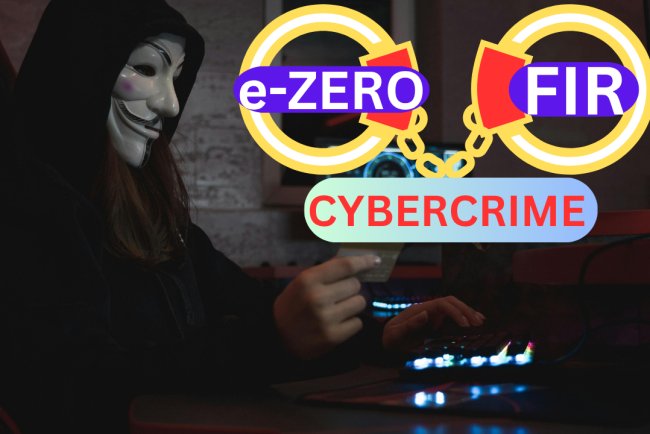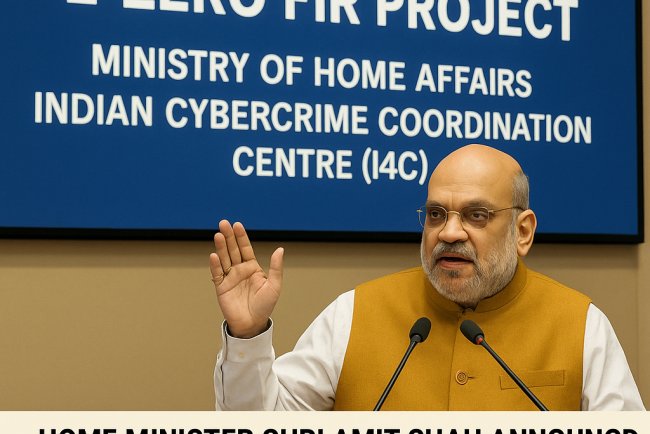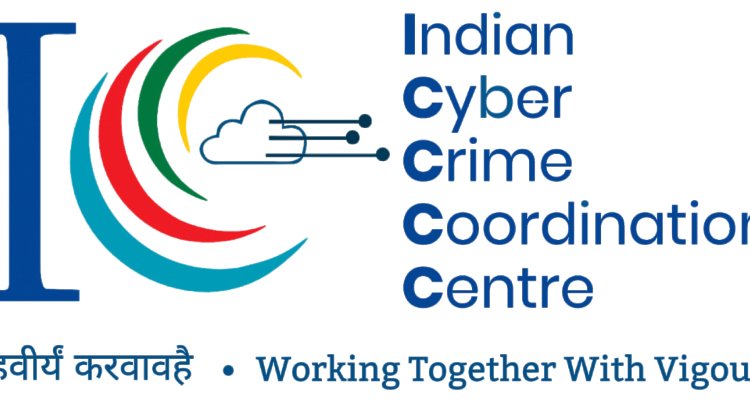Tensions between India and Bangladesh lead to a cyberwar waged by amateur hackers.
These hackers, who are grouped according to nationality and religion, deface websites, disclose private information online, and render websites in other nations unusable by sending out disproportionately high numbers of visit requests.

In Summary
1-tensions cause Indian and Bangladeshi hackers to escalate their cyberwarfare.
2-Indian websites such as ISKCON are targeted by Bangladeshi groups.
3- Targeting Bangladeshi government websites, Indian hackers are more proficient.
Sitting thousands of kilometers away, they are the "watchers," "protectors," and "punishers" who administer "justice" in their own manner. The ongoing tensions between Bangladesh and India have taken on a new dimension in cyberspace thanks to these virtual soldiers.
Sorted by ethnicity and religion, they deface websites, breach databases, and expose private information online, all while crippling websites in other nations with disproportionately high visitation demands.
However, why? To put it simply, some of these amateur hacking groups are motivated by faith and philosophy, while others look for chances to attract talent and establish themselves by integrating their activities into high-stakes competitions.
Attacks on Indian websites, including those run by different chapters of ISKCON, the Hindu religious organization currently embroiled in controversy over atrocities against minorities in Bangladesh, have escalated due to the efforts of Bangladeshi hacker groups like Team ARXU, Team BD Cyber Ninja, and The Anonymous BD.
While hashtags like #SaveBangladesh, #Save_Bangladeshi_Hindus, and #SaveBangladeshiHinduTemples are commonly found in social media groups run by Indian hackers, hashtags like #BanISKCON and #antipajeet (Pajeet is a derogatory term used to refer to Hindus) are common in Bangladeshi hacker groups.
Hacker groups from Bangladesh and India frequently use derogatory, abusive, and communally charged remarks against their "enemies" in Telegram posts announcing the defacement and hacking of web assets.
SIMPLE TARGETS
The majority of the time, innocent individuals and organizations that are unrelated to the incidents being used as the basis for the attacks are the victims of this cyber activism. It is easy to target organizations with inadequate security infrastructure.
Among the main targets are the websites of local high schools and colleges, furniture retailers, card printers, small media outlets, labor unions, and government programs.
Nevertheless, they occasionally succeed in gaining access to private information, including user activity logs, login credentials, and government personnel' contact information. In late August, a group called "Systemadminbd" famously hacked the website of a well-known media firm based in Noida for "making fun of the situation in Bangladesh."
Even still, the larger hacker community is not particularly impressed by their exploits. One member called Bangladeshi cyber operatives "script kiddies" and called their operations "not very impressive" on a hacking subreddit.
Indian hacker gangs, on the other hand, seem more advanced and have more important targets. These gangs often target and steal data from Bangladeshi government websites, according to an analysis of their Telegram channels.
Cyberspace observers appear to concur with this conclusion. One user in the 'BangladeshMedia' Reddit group summed it up this way: "But let's face it, Indian hackers are more skilled than Bangladeshi hackers (there are also more Indian hackers)." We might experience chaos if they ever decide to attack.
TENSIONS DIPLOMATIC AND CYBERRIVALRY
Indian and Bangladeshi hackers have been targeting each other’s sites for years. But once Prime Minister Sheikh Hasina's administration collapsed and she fled to India on August 5, 2024, the rivalry intensified. These retaliatory hacking efforts have been fueled by subsequent events in Bangladesh, including attacks on Hindu minority groups, floods that were mistakenly attributed to India, and the recent arrests of ISKCON monks.
High-stakes competitions offer hacker organizations the ideal setting for attracting and working with elite personnel while earning notoriety through eye-catching exploits.
Indian hackers have previously clashed with Turkish and Pakistani cyberactivists. India-Pakistan relations are now permanently marked by activism-driven cyberwarfare. Because of this, a lot of websites in both nations are inaccessible from outside of their own boundaries.
Apart from a few rare cases, there was nothing of this like between Bangladesh and India because of their historically cordial relations. But given the possibility of protracted bilateral hostilities, cyberspace may become a semi-permanent front in the India-Bangladesh conflict.
What's Your Reaction?























